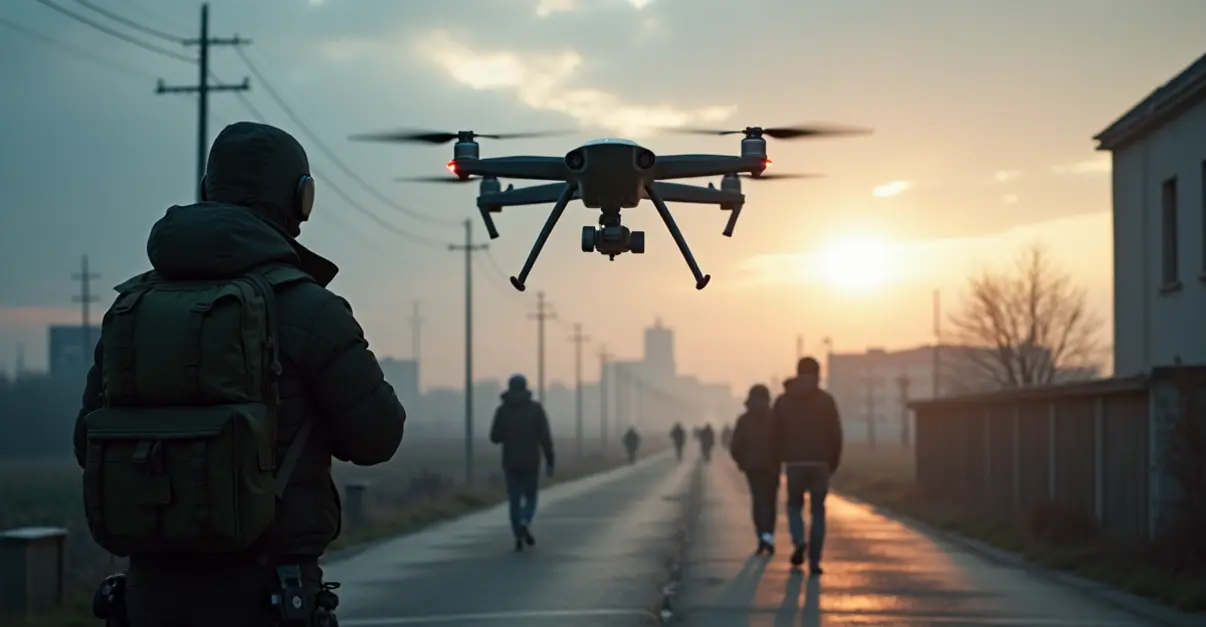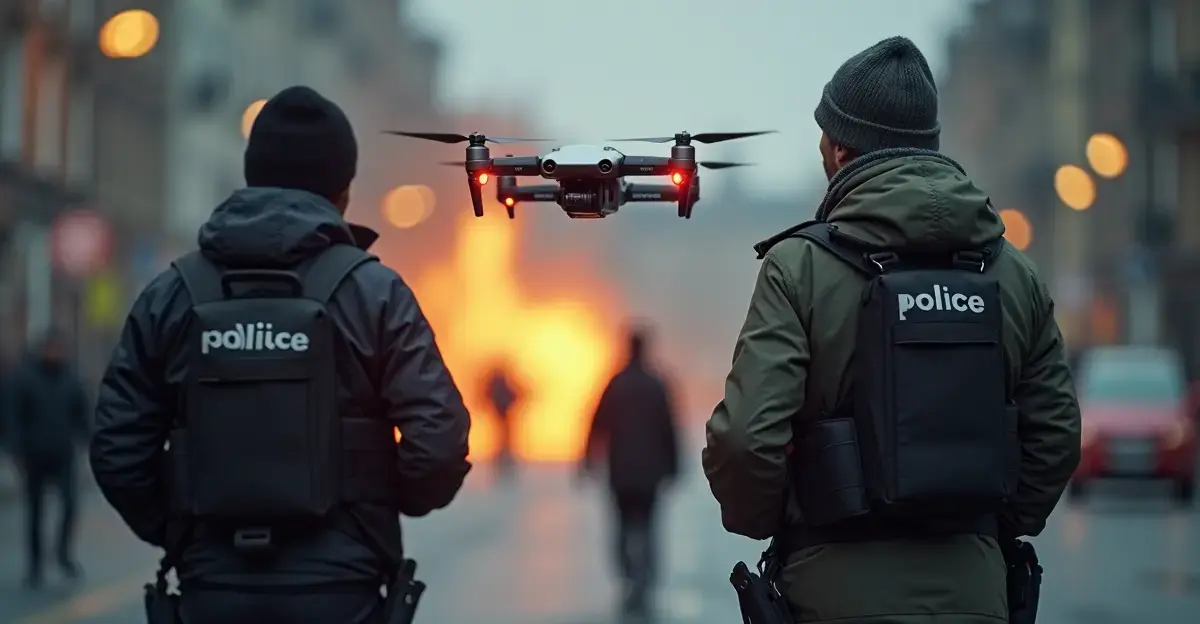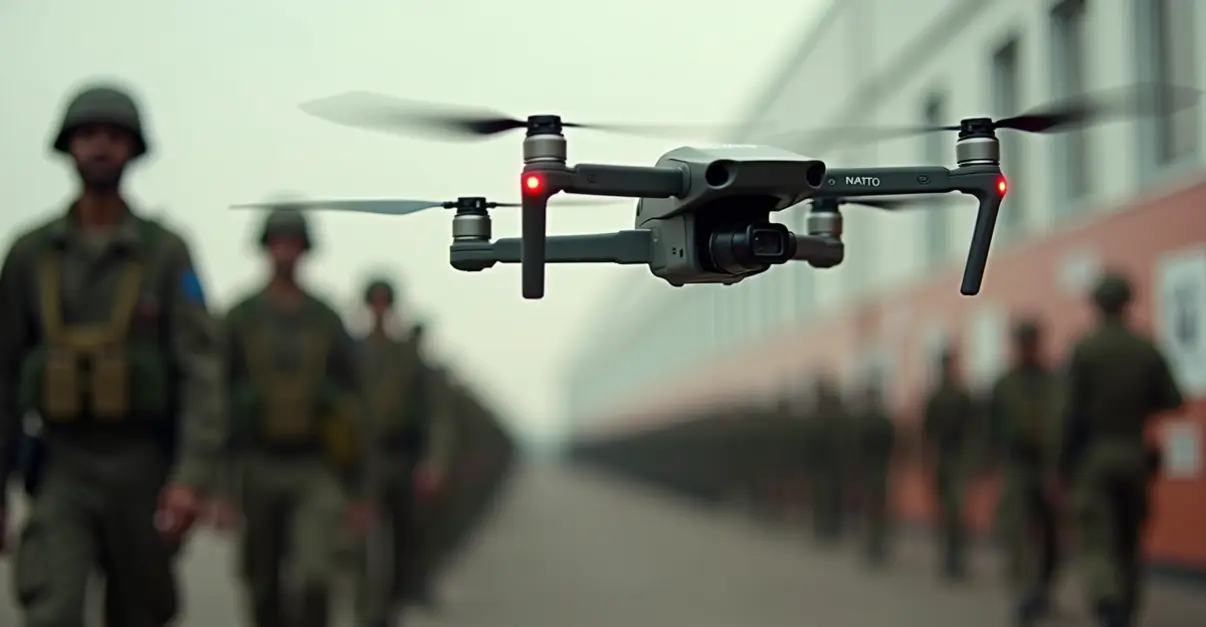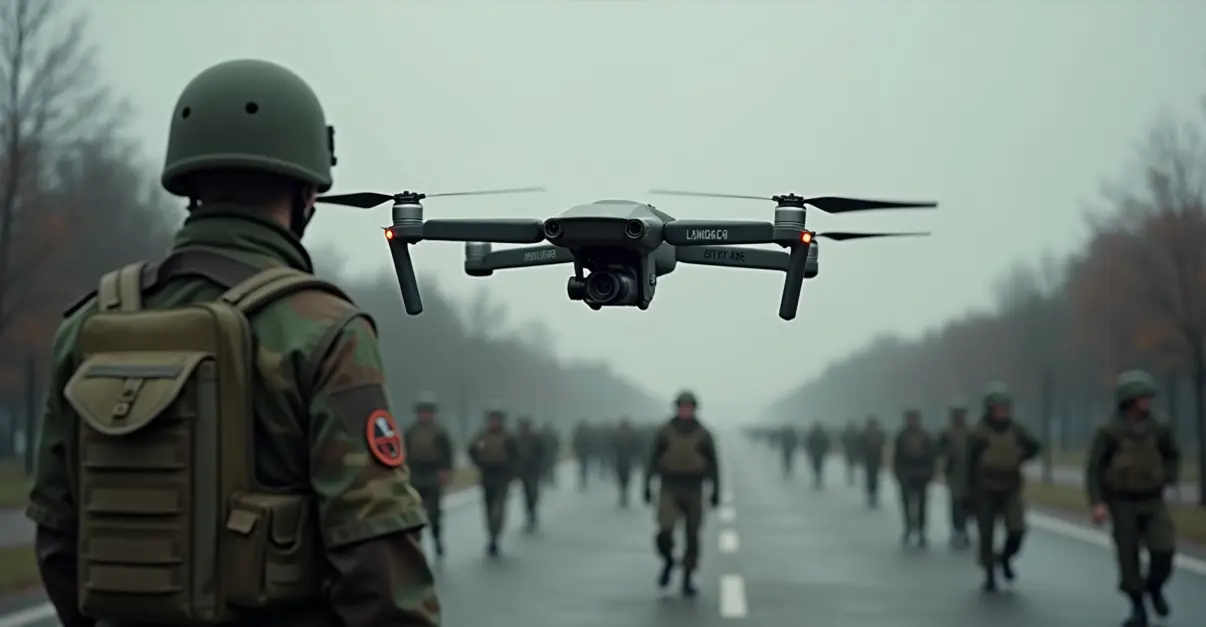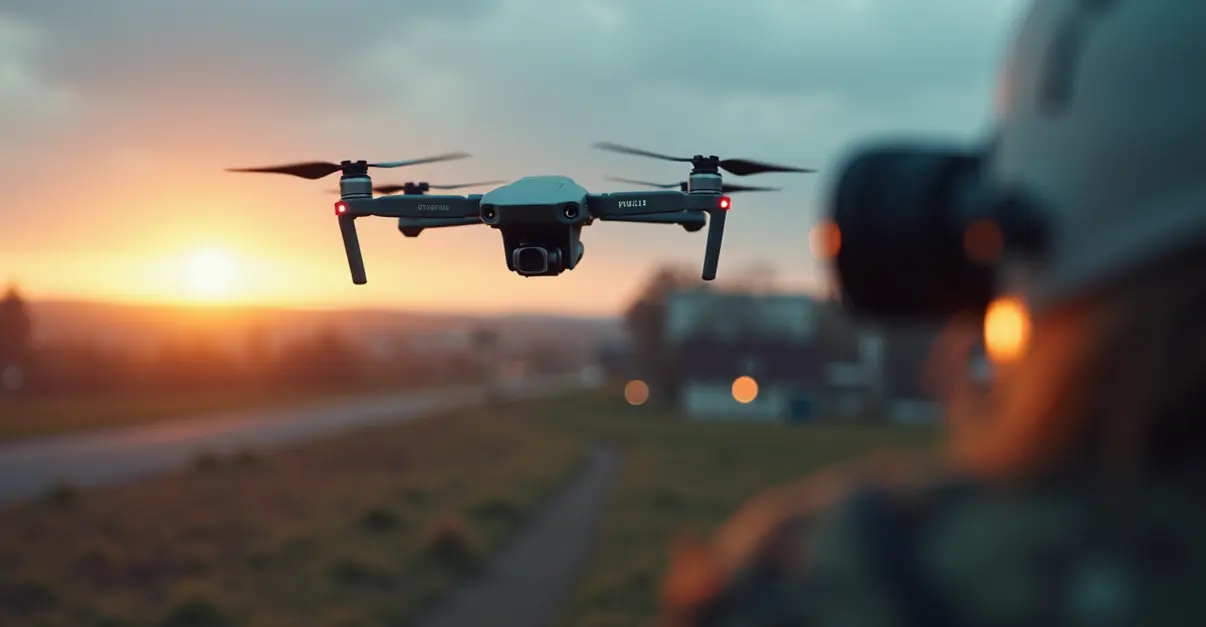UK sends anti-drone team to Belgium after multiple drone incidents disrupt air traffic and target military bases. International cooperation strengthens NATO response to suspected hybrid warfare tactics.
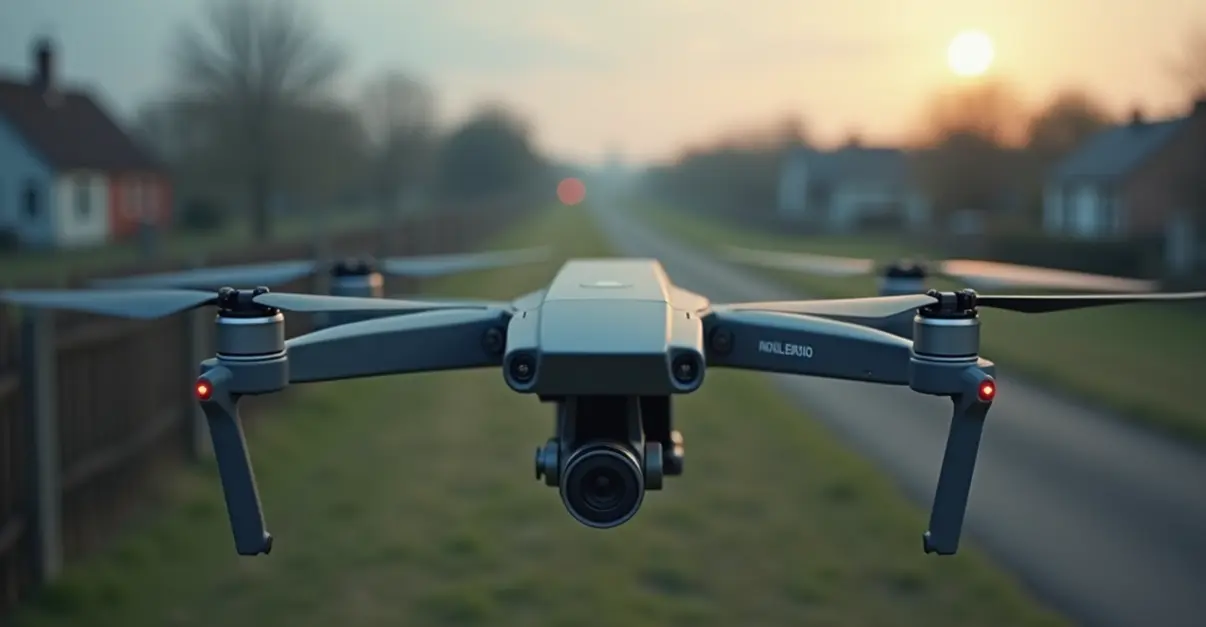
British Military Assistance for Belgian Airspace Security
The United Kingdom has dispatched a specialized anti-drone team to Belgium following a series of concerning drone incidents that have disrupted air traffic and raised security alarms across the country. The deployment comes after multiple unauthorized drone sightings over sensitive military installations and airports, prompting Belgium to request international assistance.
Belgian Defense Minister Theo Francken expressed gratitude for the swift British response, stating on social media platform X: 'The deployment of a British anti-drone team in Belgium strengthens our collective security and shows our unity in addressing hybrid threats.' The minister's comments highlight the growing concern about coordinated drone operations targeting NATO member states.
Escalating Drone Incidents
Over recent weeks, Belgium has experienced numerous drone incursions that have caused significant disruption. The incidents include:
• Multiple drones spotted over the military base at Marche-en-Famenne in the Belgian Ardennes
• Unauthorized flights over the sensitive Kleine-Brogel military airbase, which reportedly houses US nuclear weapons
• Repeated disruptions to air traffic around Brussels and Liège airports, with flights grounded for up to 90 minutes
The most recent incident occurred on Friday when air traffic around Liège and Brussels was suspended for 90 minutes due to drone sightings, followed by another 30-minute suspension on Saturday.
International Response and Security Concerns
Britain's Chief of Defence Staff, Sir Richard Knighton, provided context for the deployment in an interview with the BBC, stating: 'Russia is the greatest threat currently and the illegal invasion of Ukraine has shown what the country is capable of. We must be concerned about the Russians. We know they are carrying out sabotage actions and are engaged in a hybrid war against us.'
While Knighton emphasized that it's not yet confirmed whether the drones spotted in Belgian airspace are Russian, he noted it's plausible they were sent by Moscow. The British military leader stressed that 'the UK and other NATO allies support each other and that's why we're sending equipment and people to Belgium.'
France and Germany have also provided material and personnel to assist Belgium, according to Flemish broadcaster VRT.
Broader European Pattern
The Belgian incidents are part of a wider pattern across Europe. Similar drone sightings have been reported in Germany, Poland, Romania, Lithuania, Denmark, and Norway, primarily targeting airports and military facilities. The situation has prompted concerns about coordinated hybrid warfare tactics.
Belgian Justice Minister Paul Van Tigchelt addressed the seriousness of the situation, telling VRT: 'We are certainly in a hybrid war where no instrument is shunned by third countries to undermine stability in our country. The situation is serious, but there is no reason for panic.'
Defense Minister Francken had previously highlighted Belgium's inadequate resources for drone detection and neutralization. Last Thursday, he announced plans to strengthen the country's air surveillance center, stating: 'If possible, we will shoot them down.'
The deployment of British anti-drone specialists represents a significant step in addressing Belgium's security vulnerabilities and demonstrates the collective defense commitment among NATO allies in the face of emerging hybrid threats.

 Nederlands
Nederlands
 English
English




